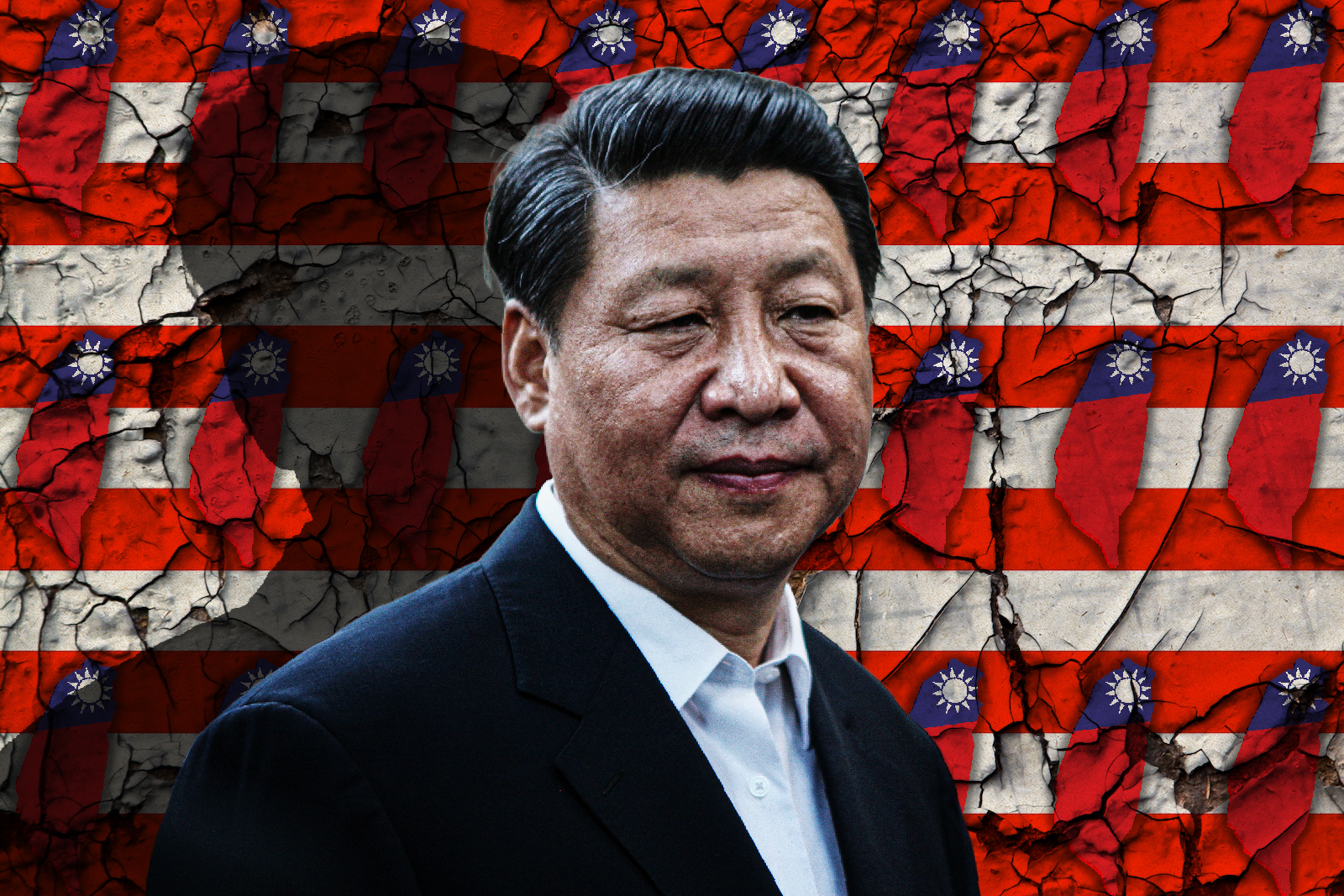
A Modest Investment Against Catastrophe
As China marshals its forces in a portentous display, the specter of conflict looms — the prospect of an invasion of Taiwan threatens to send global economies into turmoil and risks precipitating a third world war. Beijing’s military expenditures have swelled by 10% annually since 2008, in a concerted effort to establish a military capable of taking Taiwan by force and challenging U.S. supremacy. Chinese President Xi Jinping hasn’t been shy about forecasting his intentions to reclaim the wayward island and has over the past few years, told the Chinese people to prepare for war.
Beijing’s preparations extend beyond military might; they have adopted economic strategies to counter Western sanctions in the event of an invasion. The Chinese government has amassed reserves of food and raw materials in anticipation of wartime scarcities, invested in a nuclear strategy to dissuade conventional U.S. military intervention, and has constructed a suite of civil defenses — from air raid shelters to missile silos — all within striking distance of Taiwan. In a calculated attempt to erode the urgency of the threat, China has escalated its military exercises, tripling its breaches of Taiwanese airspace and waters over the past three years.
To deter Beijing’s ambitions, Taiwan must be equipped with the necessary arsenal for defense. The United States must supply Taiwan with weaponry tailored to asymmetric warfare, effectively nullifying Chinese advantages. This should encompass anti-ship, anti-aircraft, and cruise missiles — ranging from THAAD and Patriot missile systems to Tomahawk and Harpoon missiles. The armament should include drones, coastal defense apparatus, precision-guided munitions, rocket artillery, naval mines, and repurposed U.S. military equipment, from Stryker combat vehicles to Abrams tanks. A defense package of this nature, with a $35 billion price tag, is a paltry sum relative to the U.S. federal budget — less than 1% — and is a bargain compared to the exorbitant costs of war.
This strategic approach to area denial is two-pronged: it seeks to avert war or ensure victory should conflict erupt. It is predicated on imposing prohibitive costs on the aggressor while bolstering Taiwan’s ability to sustain engagement until such time that the U.S. and its allies can coordinate a robust response.
Should China subjugate Taiwan, the consequences would be catastrophic for the international order. Beijing and Moscow would lead an assault against established international norms and laws. With the first island-chain compromised, China’s dominion would threaten to engulf Japan, the Philippines, and potentially South Korea. Such a scenario would disrupt access to a region that is integral to the global economy and population, inflating the cost of goods, crippling American businesses, eliminating jobs, and reshaping the world economy into one predicated on a tributary system revolving around China’s exploitation.
Of immediate concern is China’s potential to neutralize U.S. military capabilities in Guam and Japan, thereby delaying any U.S. response to an invasion. Critics may view the arming of Taiwan as excessively provocative; however, the problem exists independently of this strategy. As defense expert Elbridge Colby has noted, China’s military expansion indicates that its ambitions far exceed the annexation of Taiwan, and its appetite will not be sated by such a conquest.
While military analysts may prioritize aid to Ukraine or Israel, it is paramount to recognize that Taiwan holds greater strategic significance for the U.S., with China posing a more substantial threat to American interests in Asia. There is bipartisan consensus in Congress, public support, and a consensus within the White House to support Taiwan. It is time to cease gambling with democratic principles and the rules-based international order — an order for which America has historically fought and sacrificed. Rejecting a policy of appeasement in favor of one characterized by peace through strength is not merely prudent — it is imperative.

